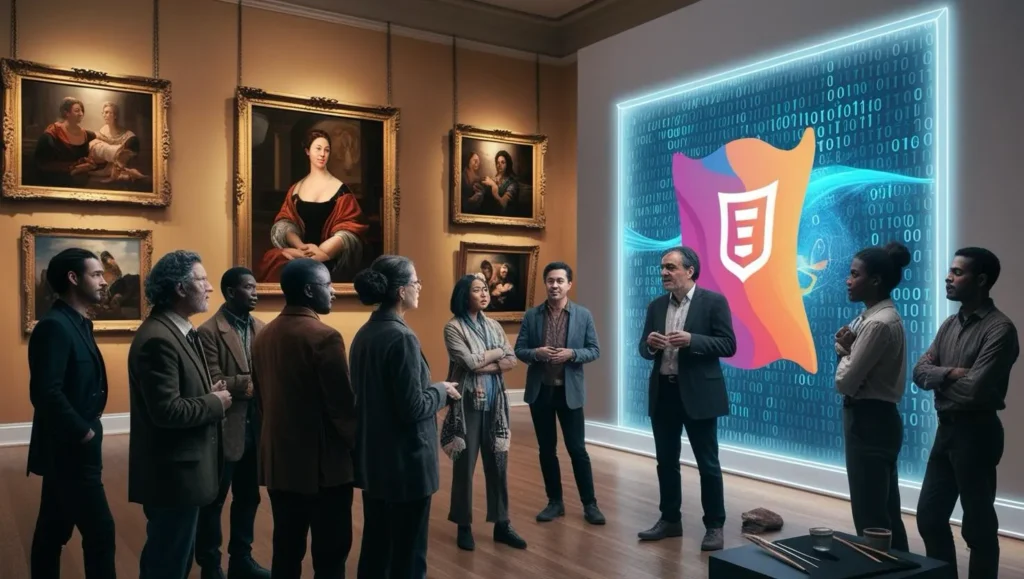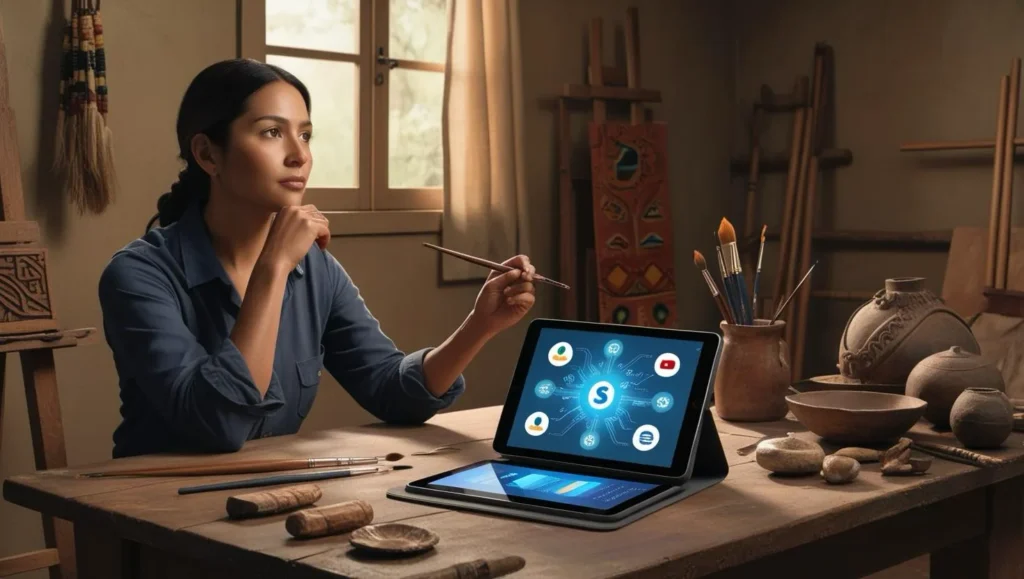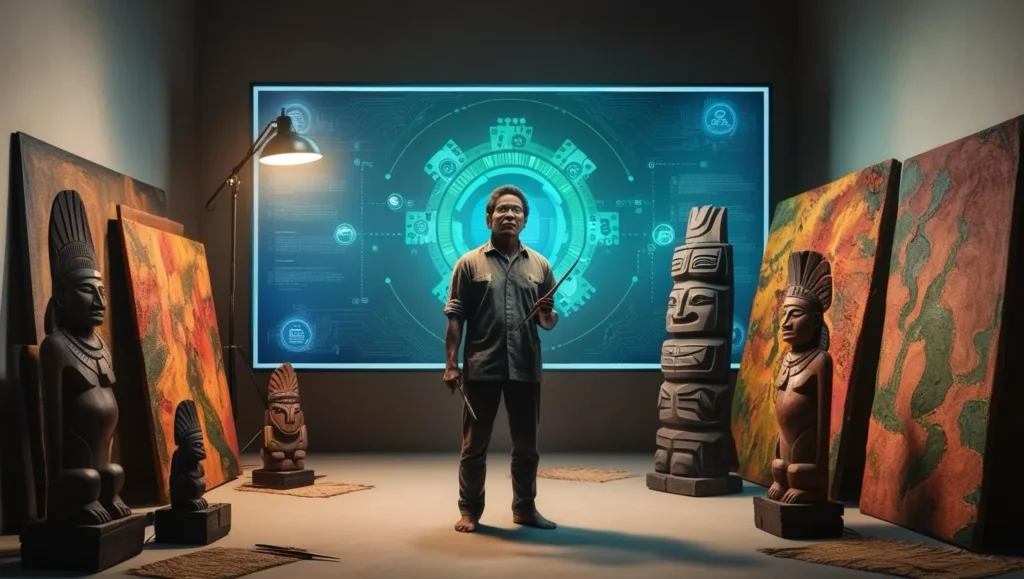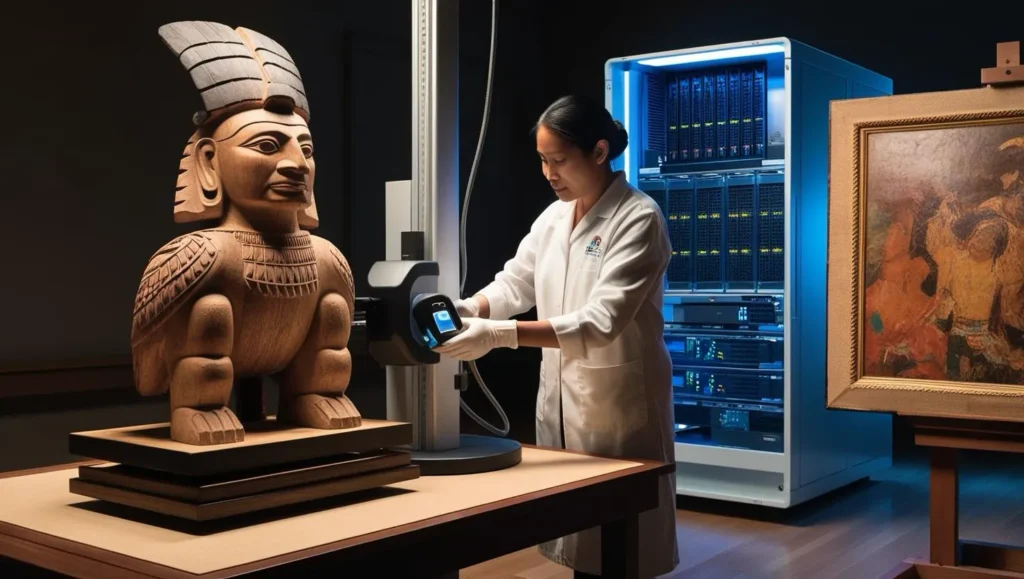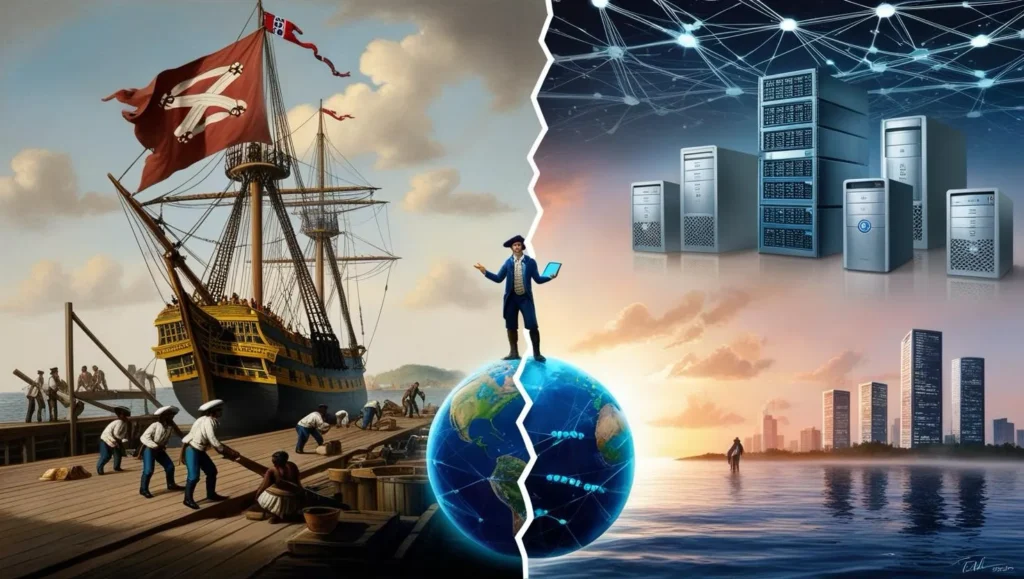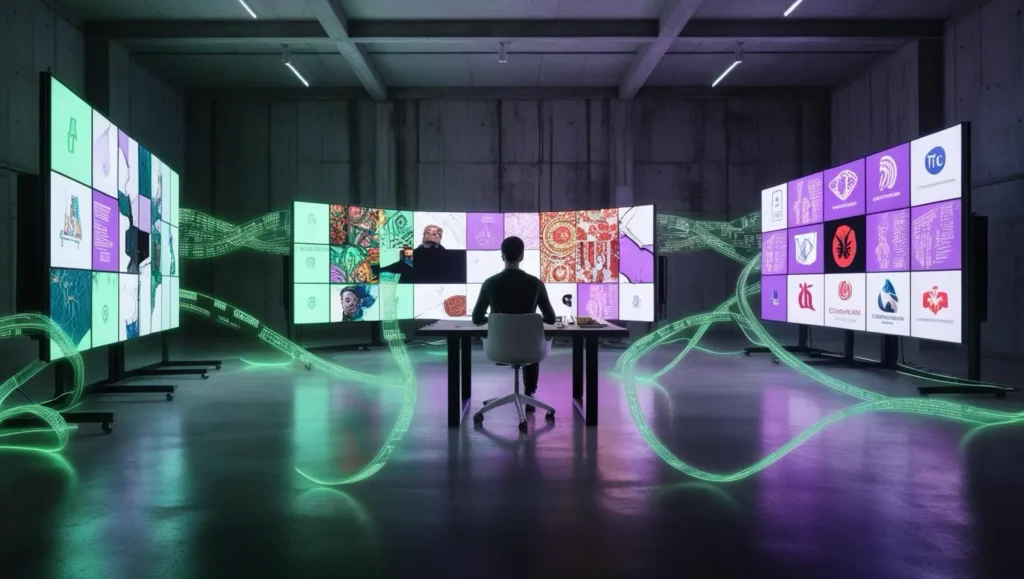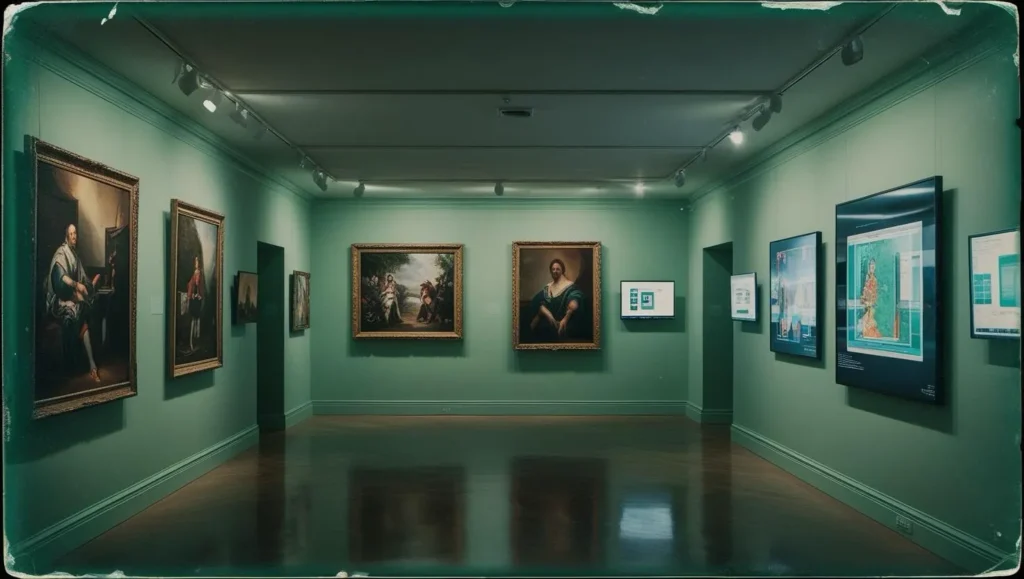How Are Local and Indigenous Cultures Impacted by Digital Colonialism in Art?
In a world where algorithms dictate trends and art is translated into pixels, digital colonialism emerges as the new face of old habits. Beneath the promising glow of global technologies, local and Indigenous cultures face a subtle yet persistent erasure. Is digitalization the promise of democratization, or just a recycled version of ancient power dynamics? […]
How Are Local and Indigenous Cultures Impacted by Digital Colonialism in Art? Read More »


